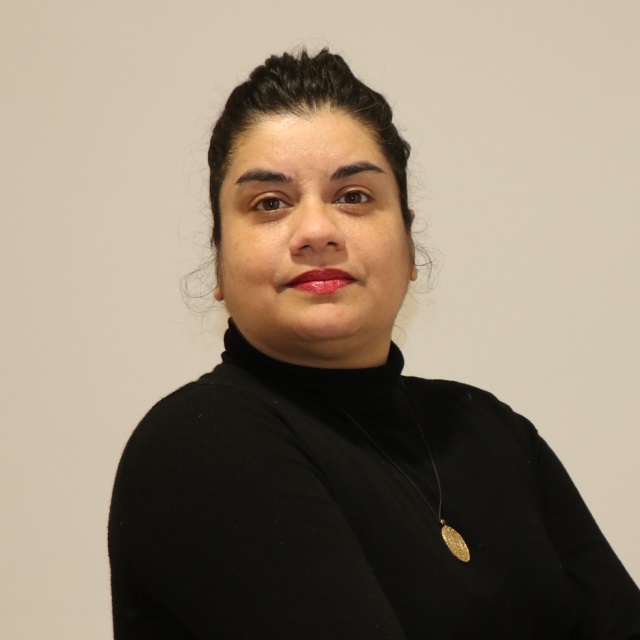I am applying the latest advances in biomedical engineering and nanotechnology to develop new stem cell transplantation therapies for brain and spinal cord injuries.

Divya Chari is Professor of Neural Tissue Engineering at Keele University. Neural Tissue Engineering applies engineering principles to develop better materials, devices and cell therapies for the repair of neurological injury and disease, and to enhance the function of neural tissue. Keele is one of the institutions that has been at the forefront of Tissue Engineering and provides an environment that enables biologist to interact with chemists, engineers and physicists which inspires new ideas. Divya’s work has developed a highly multidisciplinary and translational programme of work for neural transplantation
Her group has pioneered the use of nanoparticles and new types of DNA molecules to genetically engineer stem cells, including those used in clinical trials, to act as mini-factories’ for delivery of therapeutic molecules. Her group has also worked on methods by which stem cells can be protected in soft, jelly like polymers during surgical delivery of stem cells, including in dogs with naturally occurring spinal cord injuries, in collaboration with veterinary schools in Bristol and London.
A major focus of her work is to develop models that can Reduce and Replace the use of live animals in medical research. Together with the University Hospitals of North Midlands Neurosurgery Department, her group recently conducted an innovative study to test if sections of the human brain, removed during surgery and usually incinerated as medical waste, can be used as a ‘brain in a dish’ model to test potential new therapies. Divya also leads the ASPIRE research programme at the Keele Medical School- an Academy of Medical Sciences, North Staffordshire Medical Institute and Wellcome Trust funded venture. ASPIRE aims to engage medical students with a broad range of biomedical and social science research and to train the medical researchers of the future.

